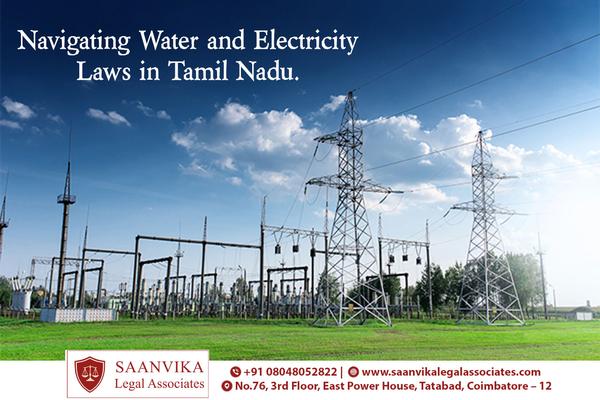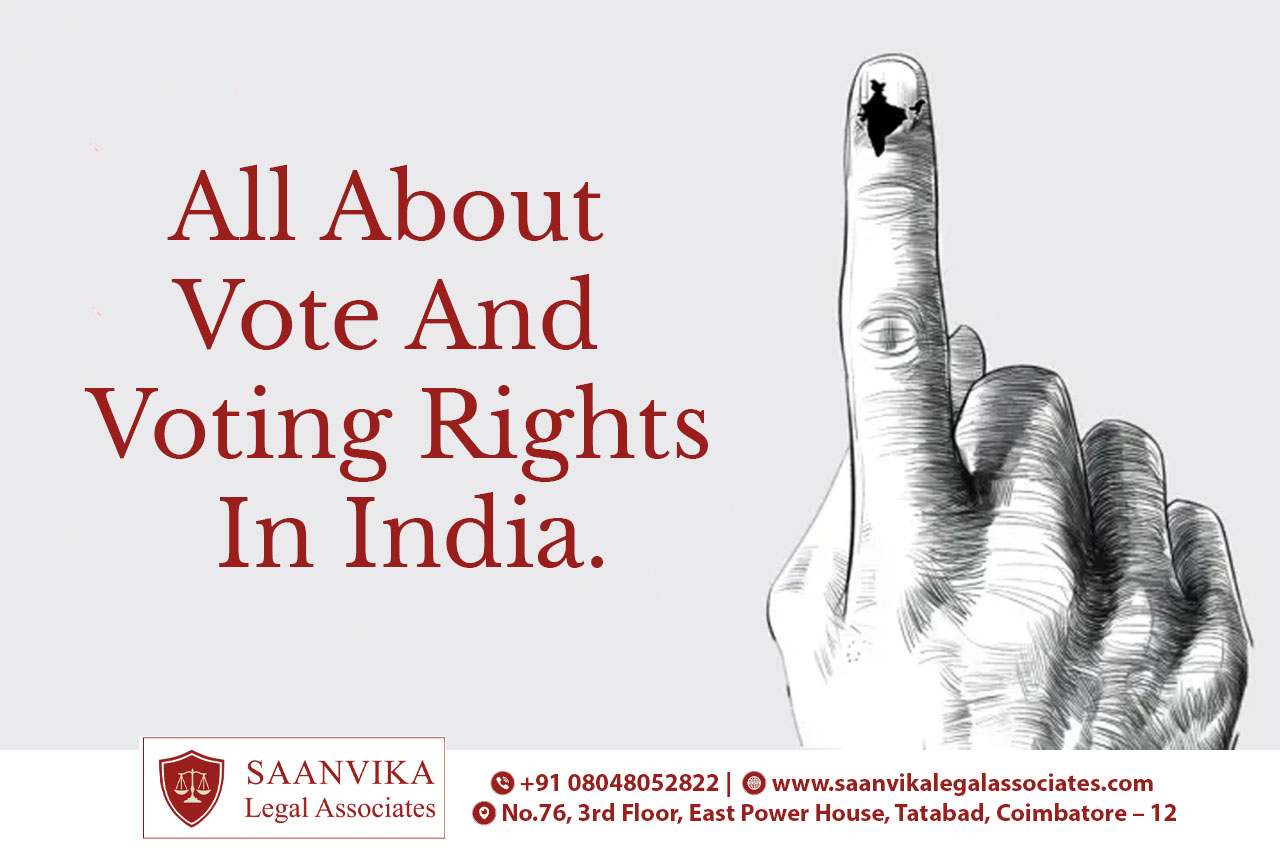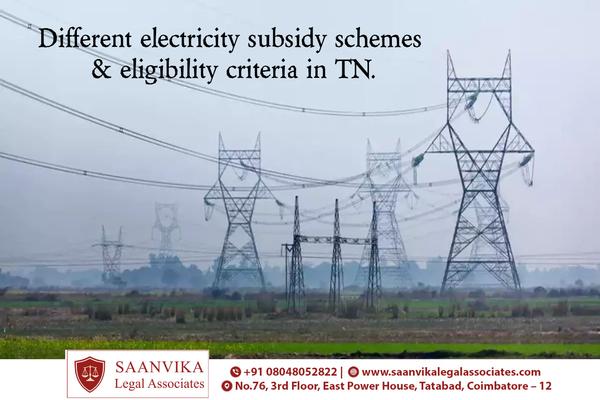
Vote/ Voting rights/ Voting rights in India/ Best ...

Vote/ Voting rights/ Voting rights in India/ Best law firm in Coimbatore/ Best advocates in Coimbatore/Best law service in Coimbatore/ Best legal consultation in Coimbatore/ Best legal services in Coimbatore/ Best lawyers in Coimbatore/ Online legal consultation. Voting is a fundamental right and a crucial aspect of democracy in India. It allows eligible citizens to participate in the decision-making process by electing representatives who will govern and make policies on their behalf.General Elections are held at regular intervals to elect members of the Lok Sabha and State Legislative Assemblies. By-Elections are held to fill vacancies that arise between general elections. Local Body Elections include elections for Municipalities and Panchayats. Here's an overview of voting and voting rights in India: In India, every citizen above the age of 18 has the right to vote, irrespective of caste, creed, gender, religion, or social status. This principle is known as universal adult suffrage. The electoral process in India involves the election of representatives to various legislative bodies, including the Lok Sabha (lower house of Parliament), Rajya Sabha (upper house of Parliament), State Legislative Assemblies, and local bodies like Municipalities and Panchayats. Election Commission of India is an autonomous constitutional authority responsible for overseeing the conduct of elections in India. It ensures free and fair elections, regulates election-related activities, and administers the Electoral Roll. Citizens must register themselves as voters to participate in elections. The process involves filling out an application form and submitting relevant documents to the Electoral Registration Officer (ERO) of their area. Once registered, a voter's name is included in the Electoral Roll, which is a list of eligible voters in a particular constituency. Upon registration, eligible voters are issued a Voter ID card or Electoral Photo Identity Card (EPIC). This card serves as a valid identity proof and is required to cast votes. India is divided into various constituencies for electoral purposes. Each constituency elects one representative to the legislative body being contested. Constituencies are demarcated based on population and other relevant factors. Voting is not only a right but also a responsibility for citizens to actively engage in the democratic process and shape the future of their country. We at Saanvika Legal Associates offer various legal services such as Trust deeds, Financial law, Insurance law, and other laws including Environment, Consumer, Property, Banking, Tax, Cyber Constitutions, Labor, Civil, Criminal, Family, Property, registration, Getting docs, and so on. Also, you can consult all aspects related to Legal notice, documentation, Legal registration, Property organization, forming companies, Family legal consultation, Civil and Criminal legal consultants, and Litigation of finance and property.
Keywords
Subscribe for latest offers & updates
We hate spam too.


